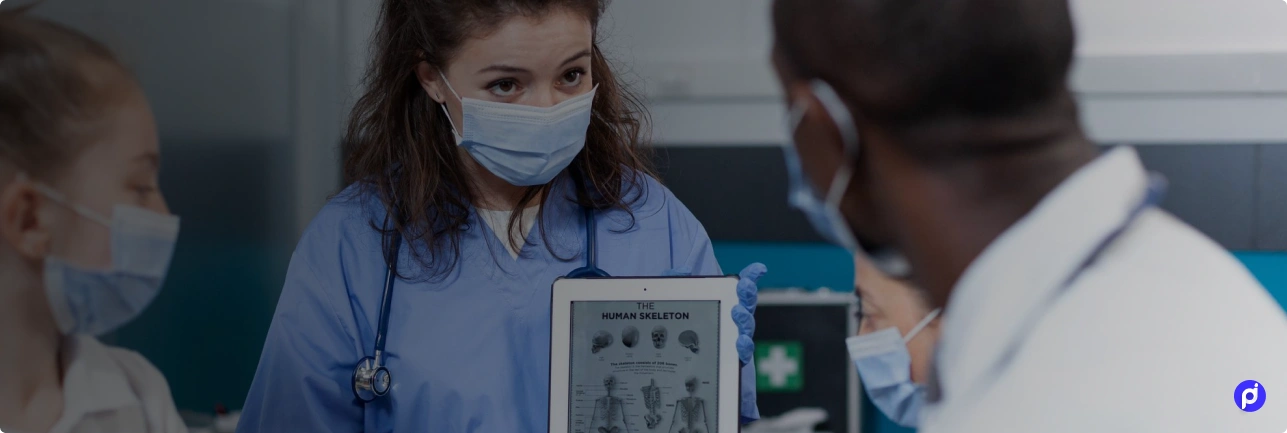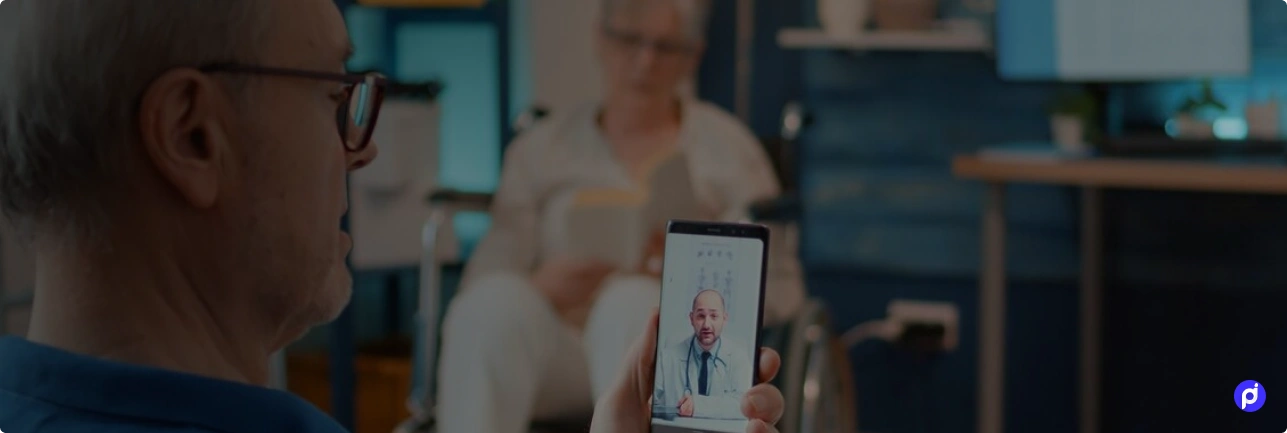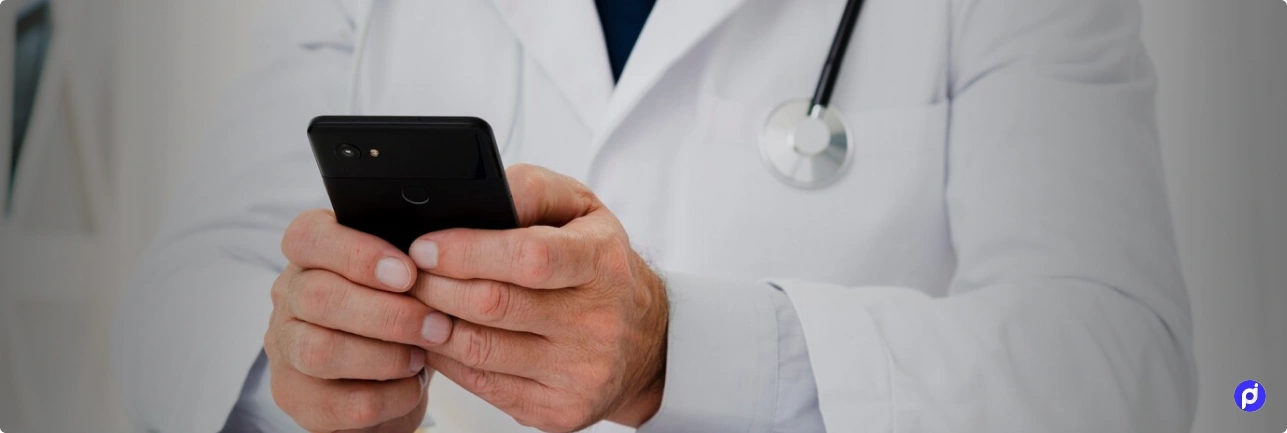Medical instruments are embedded with technology which creates a new beginning for all healthcare service providers. With the help of digitization, medical instruments have become much more efficient and healthcare service providers can put more money in their pockets. Thanks to healthcare application development companies who are integrating medical instruments and healthcare applications, which work together to create a more efficient and accurate healthcare environment. Such a combination creates a good chemistry for healthcare.
Medical Instruments in Modern Healthcare
Medical instruments, ranging from diagnostic tools to life-saving devices, have been at the forefront of healthcare for centuries. These instruments enable healthcare providers to monitor, diagnose, and treat patients effectively. However, as the complexity and volume of medical data grow, traditional methods of handling patient information are becoming obsolete which consolidates the need of a healthcare application.
The Power of Healthcare Applications
Modern or new age solutions created by expert healthcare application development companies are always more powerful than traditional ones. A healthcare application is such a modern solution which is creating a new pattern of functioning where the ultimate result will be better patient engagement and enhanced efficiency with real-time data analysis and actionable insights.
For example, an application that tracks a patient’s heart rate, blood pressure, and oxygen levels from a wearable medical device can alert healthcare providers to any changes that may indicate a potential health issue. This data, when combined with the clinical expertise of the provider, results in better decision-making and faster response times.
Benefits of the Synergy:
1. Improved Diagnosis and Treatment
The integration of medical instruments with healthcare applications enables accurate and efficient diagnosis. A healthcare application development company has understood the fact that every service provider needs every minute updates of a patient therefore they keep real-time updates feature in healthcare apps. With connected devices, such as diagnostic imaging equipment and blood pressure monitors, healthcare professionals can access data instantly through the app on their mobile devices or computers. This reduces the chances of human error and ensures that the diagnosis is based on up-to-date, real-time information. Moreover, healthcare apps can store patient data securely, allowing doctors to track changes in a patient’s condition over time.
2. 2X Patient Engagement and Monitoring
One of the biggest challenges in healthcare is ensuring that patients are actively engaged in their treatment plans. Through healthcare applications, patients can track their progress, receive medication reminders, and communicate directly with healthcare providers. These apps can also sync with medical instruments, providing patients with direct feedback on their health metrics, allowing them to take charge of their well-being.
This level of engagement is particularly valuable for patients with chronic conditions who need continuous monitoring. The combination of medical instruments and healthcare apps ensures that healthcare providers have constant access to patient data, enabling timely interventions when necessary.
Finishing Off
Medical instruments with healthcare apps are well-combined with each other with the help of healthcare application development companies. With accurate data, real-time monitoring, and enhanced patient engagement, this integration paves the way for more personalized, efficient, and accessible healthcare solutions. As healthcare continues to evolve, the collaboration between medical devices and healthcare apps will be a key factor in improving overall patient outcomes.
5 FAQs:
FAQ 1. What is the role of healthcare applications in modern healthcare?
Healthcare applications play a crucial role in modern healthcare by integrating with medical instruments to provide real-time data analysis, improve patient engagement, and enhance decision-making. These applications allow healthcare providers to monitor patients’ health metrics, track progress, and intervene promptly when necessary, resulting in better patient outcomes.
FAQ 2. How do medical instruments and healthcare apps work together?
Medical instruments, such as diagnostic tools and wearable devices, collect data from patients. Healthcare apps integrate with these devices to provide real-time monitoring, alerts, and updates. This synergy enables healthcare providers to access accurate and up-to-date patient data instantly, improving diagnosis, treatment plans, and overall care efficiency.
FAQ 3. What are the key benefits of integrating medical instruments with healthcare applications?
The integration of medical instruments with healthcare apps offers several benefits, including:
- Improved Diagnosis and Treatment: Real-time updates and instant data access reduce the chances of human error and ensure accurate, up-to-date diagnoses.
- Enhanced Patient Engagement: Patients can actively track their health, receive reminders, and communicate directly with healthcare providers.
- Better Monitoring: Continuous patient monitoring, especially for chronic conditions, leads to timely interventions and better health outcomes.
FAQ 4. How can healthcare applications improve patient engagement?
Healthcare applications enhance patient engagement by allowing patients to track their health metrics, receive medication reminders, and interact directly with their healthcare providers. These apps also provide real-time feedback from integrated medical instruments, empowering patients to manage their own health and stay on top of their treatment plans.
FAQ 5. Why is real-time data important in healthcare?
Real-time data is crucial in healthcare because it enables healthcare providers to make informed decisions quickly. By receiving up-to-date patient information from connected medical instruments, providers can respond faster to changes in a patient’s condition, reduce human error, and improve the overall quality of care, leading to better health outcomes.















